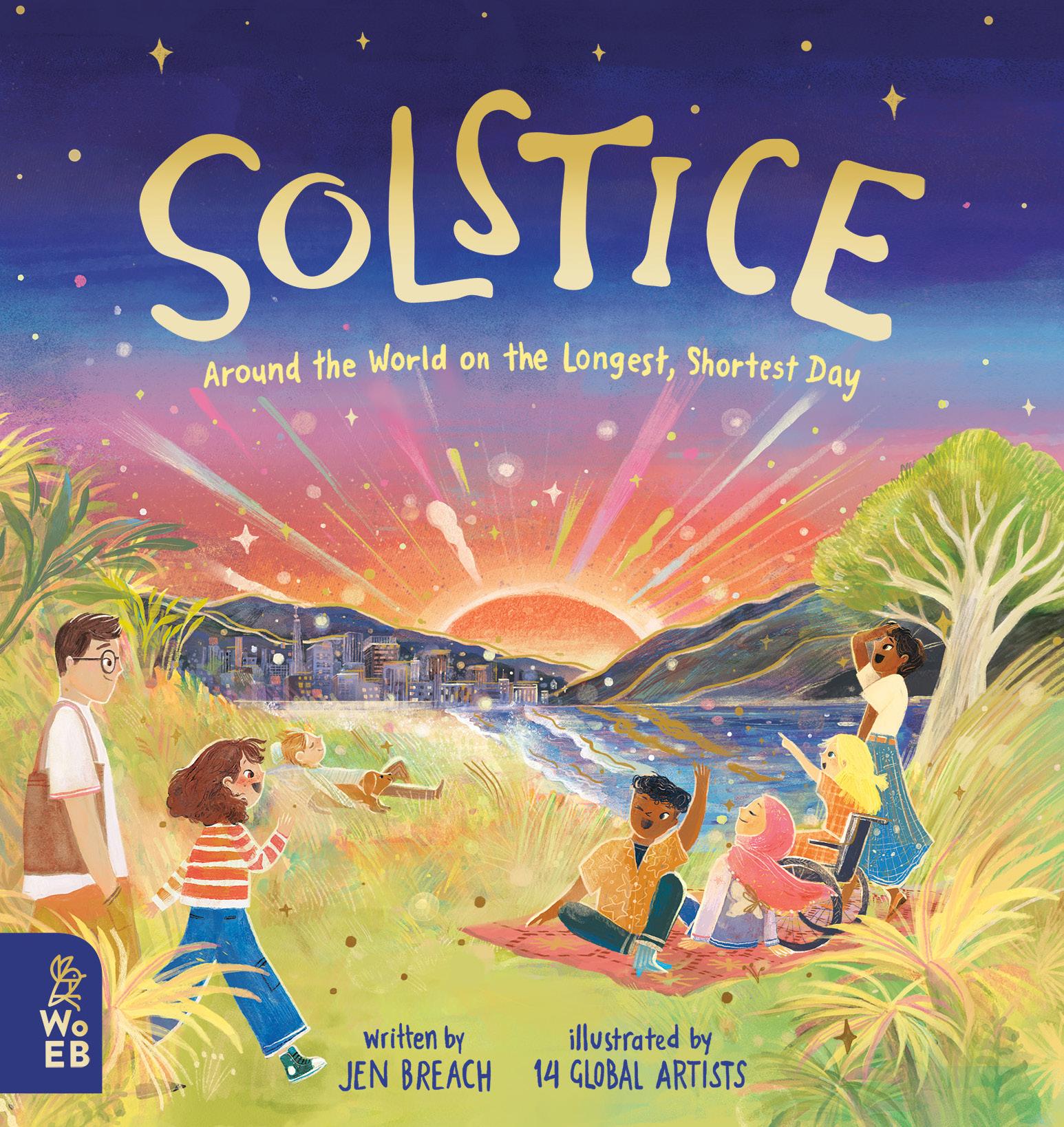
Chapter One
Cold and Dark at the South Pole
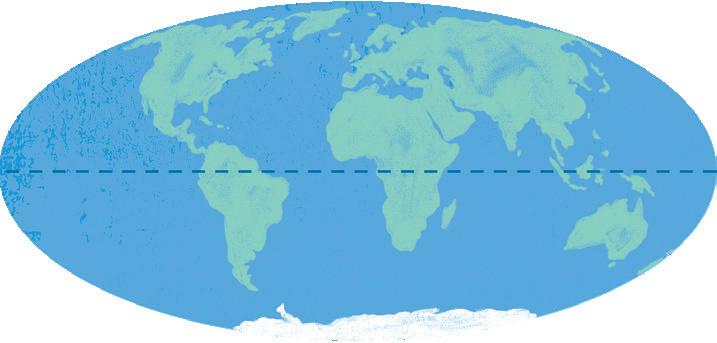
Amundsen-Scott Research Station, The South Pole, Antarctica
Konnichiwa, I’m Yui!
Usually I live in Osaka, Japan, but this year we are spending winter at Amundsen-Scott South Pole Research Station. We just call it Pole. Today is the fuyu solstice. Fuyu solstice is very different here than it is in Japan. In Osaka it happens in December and the day is very short, but here it happens in June and the Taiyou doesn't rise at all. At Pole the Taiyou only rises and sets once a year! It's night for six months and then day for six months. The same thing happens at the North Pole, only at the opposite time of year.
LEARN
Konnichiwa (kon-nee-chee-wah) – hello
Okaasan (oh-kaa-ah-san) – mum
Otousan (oh-toh-oo-san) – dad
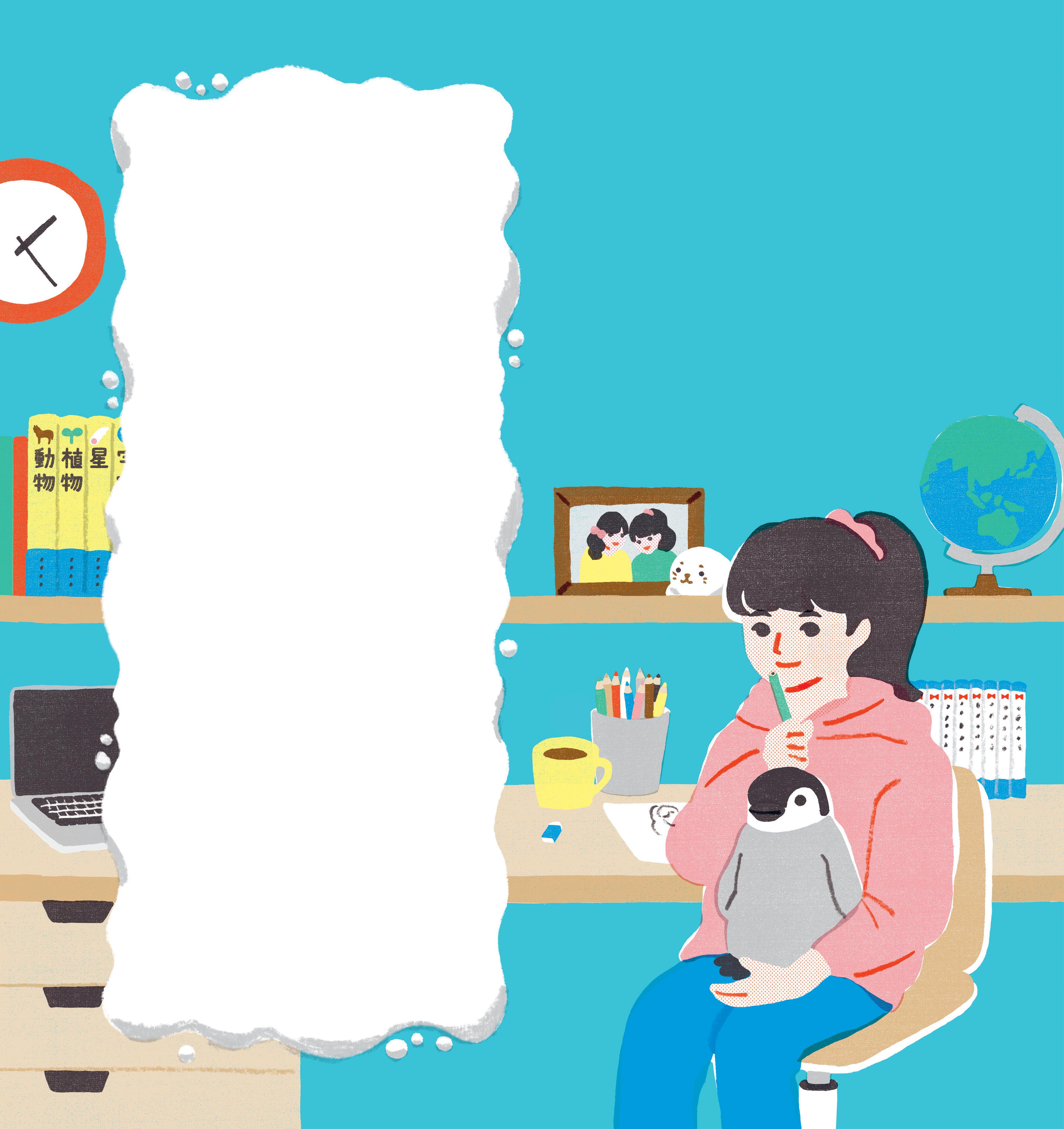
Taiyou (tai-yoo) – Sun
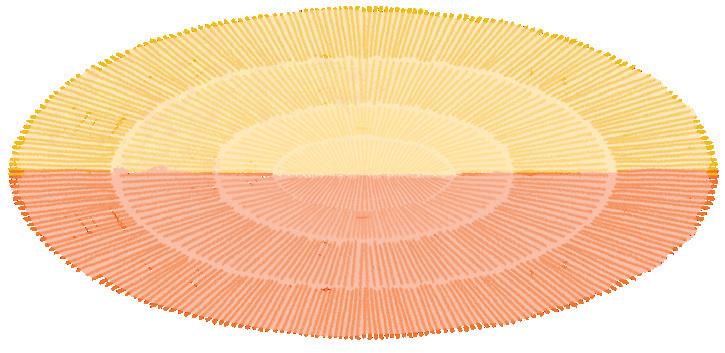
Fuyu (foo-yuh) – winter
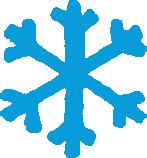

4
-30°C to -10°C Australia Asia Europe Africa Antarctica South America North America Equator Hours of sunlight on 21st June Average temperature range on 21stJune 0 hrs
YUI'S LANGUAGE Japanese Illustrated by Asako Masunouchi
My otousan is a botanist – a scientist who studies plants. He looks after the greenhouse that grows all our fresh food. You can’t farm outside here as the soil is under about 2 kilometres of ice and the air is so cold that everything freezes instantly. Also, there’s no sunshine.
Otousan’s plants grow under special lights. He uses a system of water and nutrients called hydroponics to feed them. Because there are no seasons inside, the plants are always growing. Most things at Pole smell like people and machines, so it's nice to go in and smell the
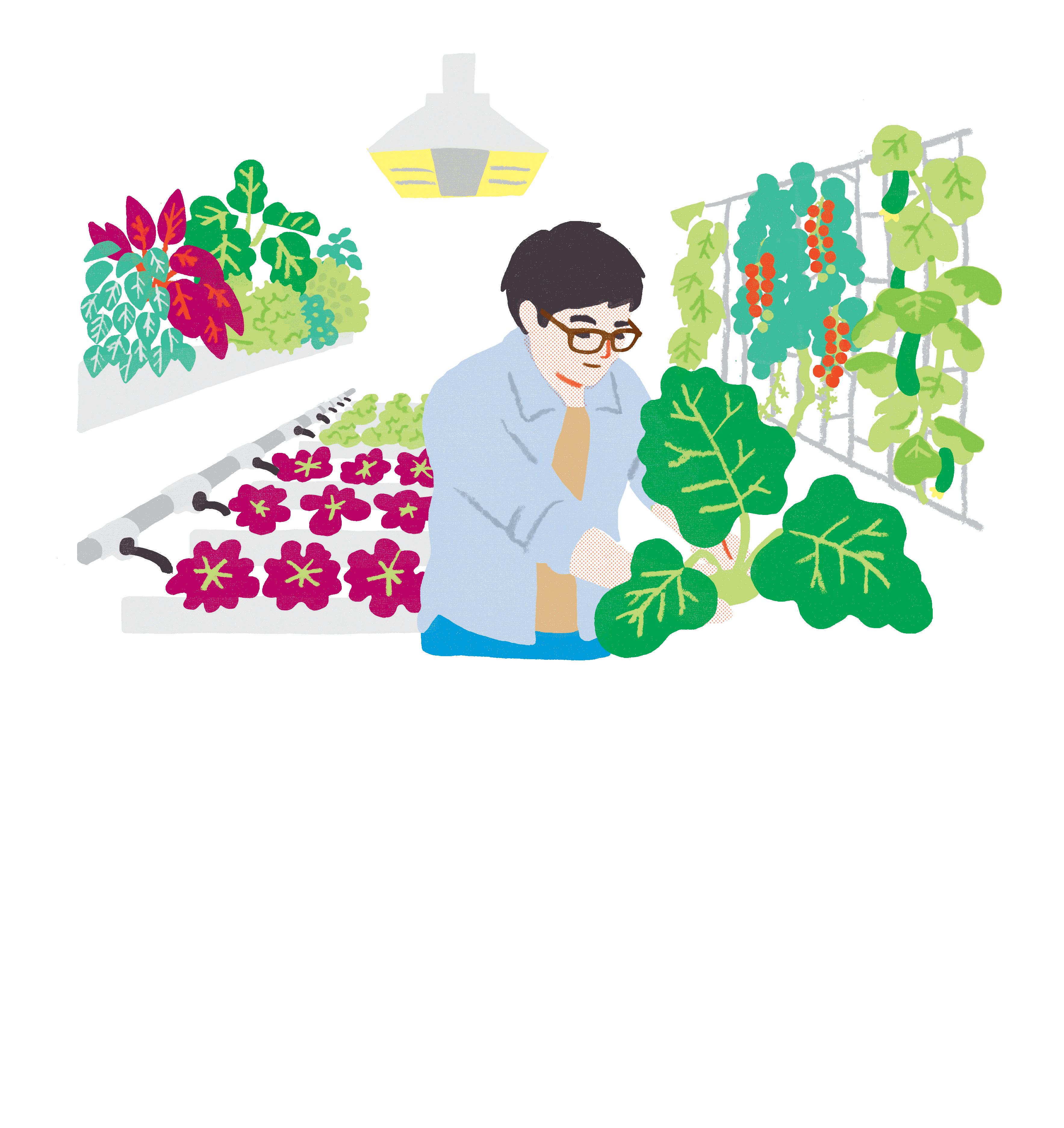
plants. Outside smells like nothing. Not that I've been outside since fuyu began.
Otousan grows tasty lettuce, herbs, fruit and vegetables – we call them 'freshies'. Cook turns them into our meals along with dried, tinned or frozen foods. Part of Otousan's job is to pollinate the plants so that they grow fruit, since there are no bees, bats or birds here to do it. I’m good at helping with that job. He must also save seeds so next year's gardener will be able to plant a new crop. I help with that, too.
5
My okaasan is an astrophysicist – a scientist who studies how the universe works. There is almost no moisture in the air at Pole and in fuyu the darkness is total. So my okaasan can do research here that can’t be done anywhere else in the world. She listens to the sounds of the Big Bang. That’s the explosion that created the universe. We can still pick up leftover signals from it now. They sound like 'shhhhhhhhh'. It's very cool.
Pole is an American-run station, but people come here from all over – scientists from China, New Zealand, Scotland and Chile, engineers from France, Egypt, India and the United States, and Cook is from Canada. There are about 35 people who are spending winter at Pole this year. They all have stories to tell about their homes and their people. I ask what the June solstice is like where they are from. Everyone’s stories are different.
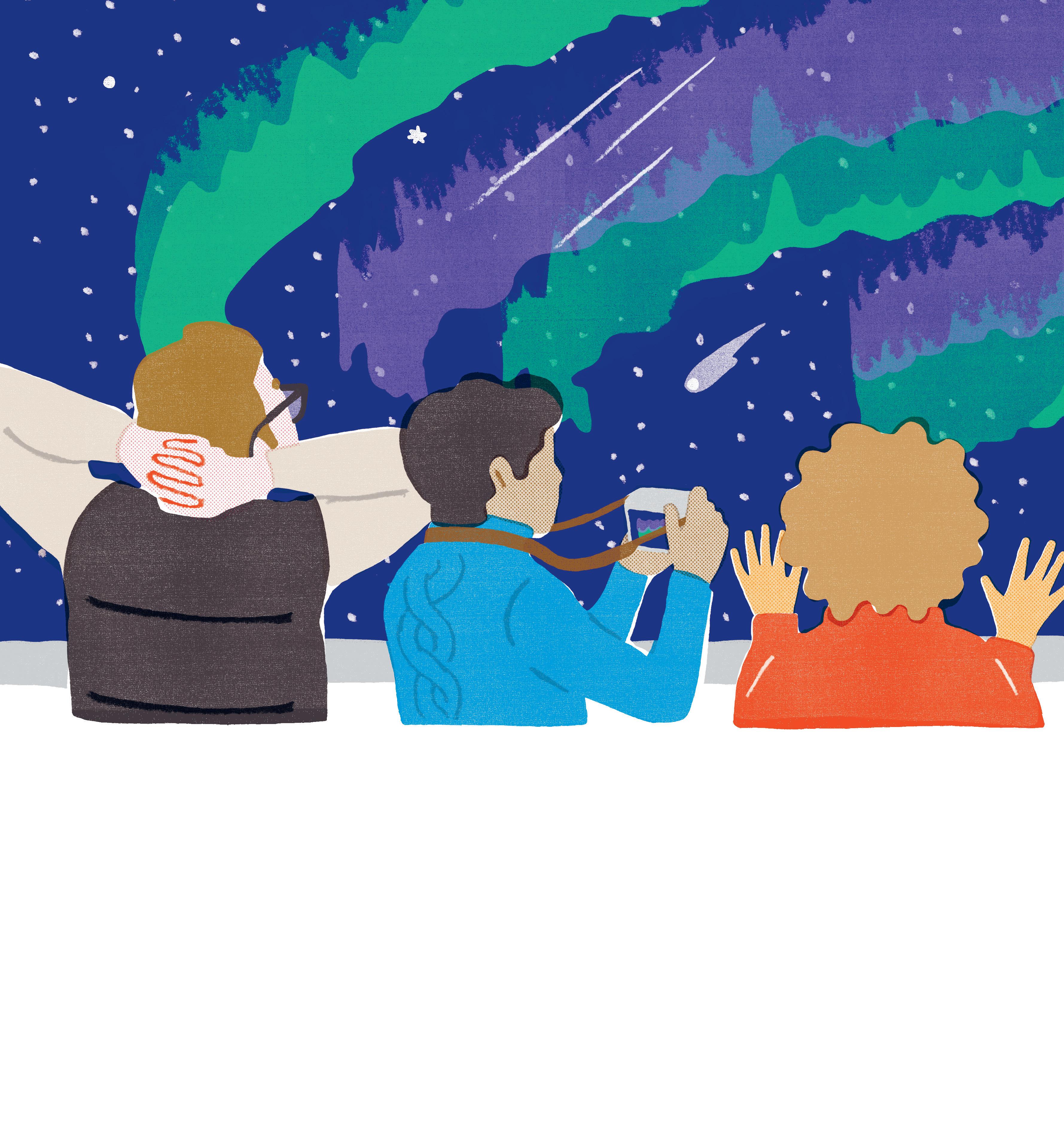
6
Fuyu is very hard at Pole. We are completely isolated. For six months we have to make do with what we brought with us and what is already here. No one will arrive or leave until September, when the Taiyou rises and the summer scientists come back with fresh supplies. We don’t even have the internet. I had to download all the books and songs I wanted to bring.
The best thing about Pole is the Aurora Australis, the Southern Lights. It’s an atmospheric phenomenon that looks like waving curtains of light in the sky – green, purple, bluish, red and pinkish. You can only see them in clear weather, between March and September. They are caused by high-energy particles from the Taiyou skidding down Earth’s outer atmosphere, drawn to the poles by Earth’s magnetic field. The particles gather and create shimmering bursts of light. This reminds me that even though I can’t see it now, the Taiyou is still there.
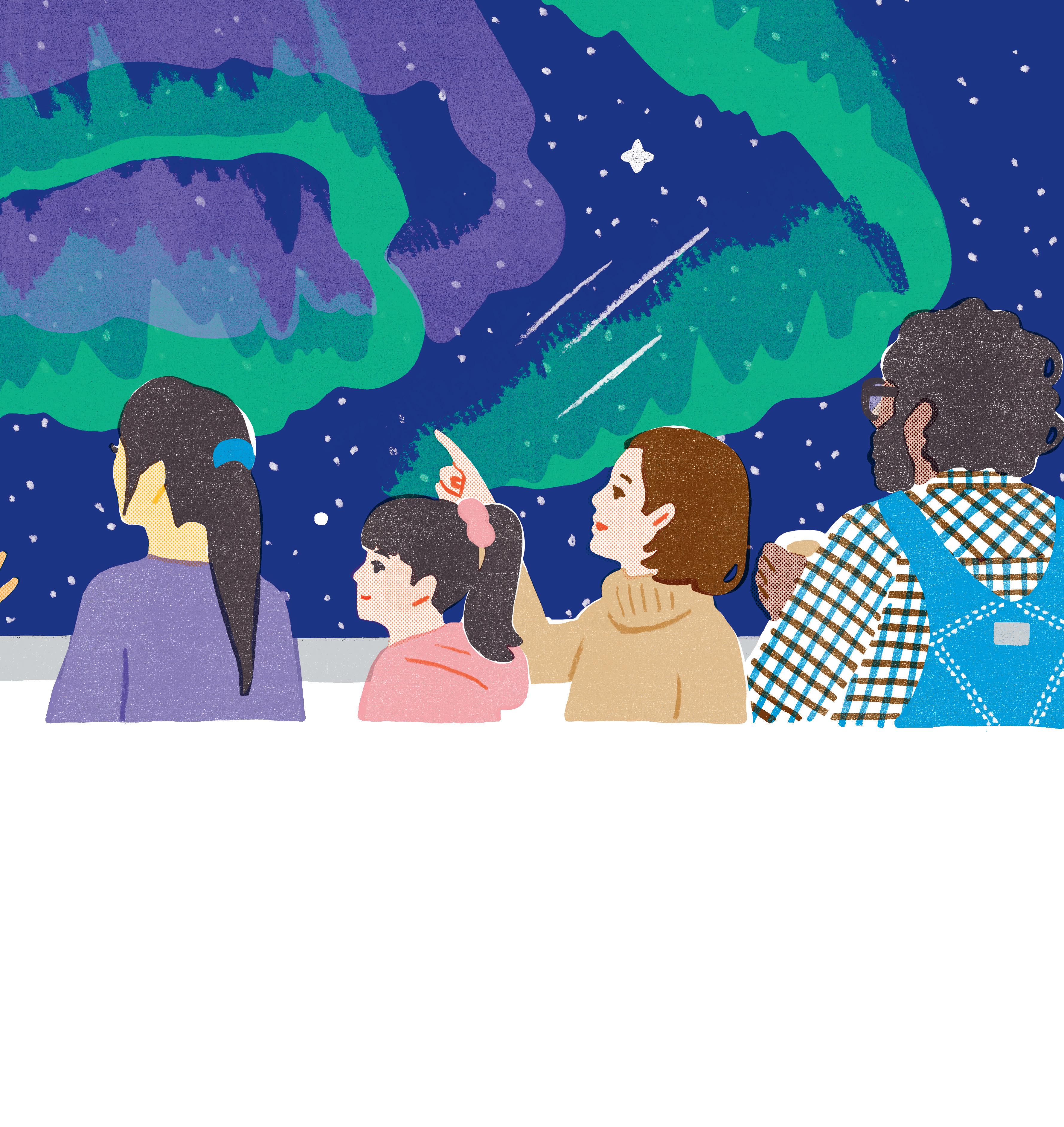
7
Chapter Fourteen
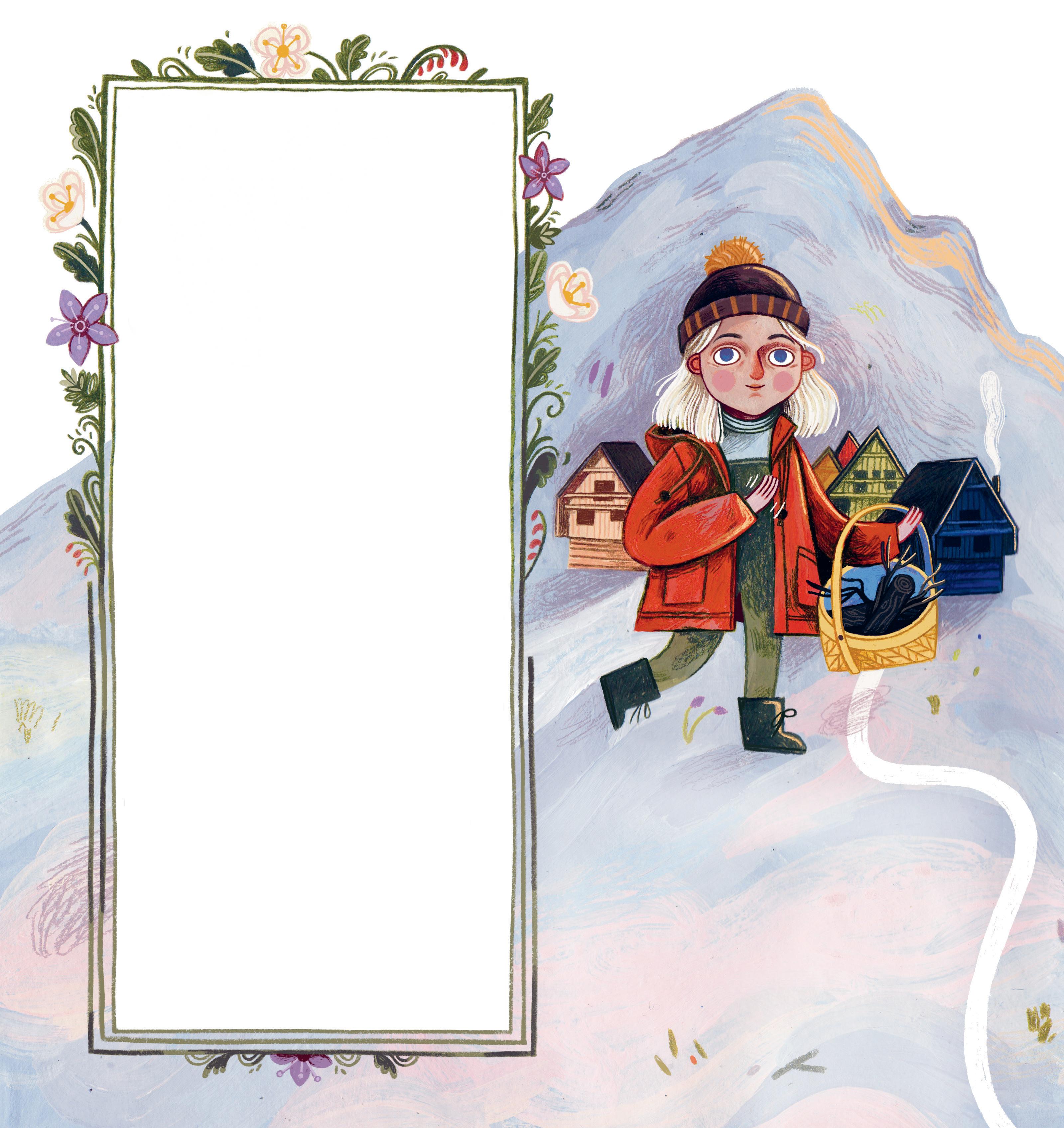
Up All Night in Longyearbyen
Longyearbyen, Svalbard, Norway
Australia Asia Europe Africa Antarctica South America North America
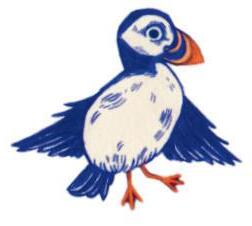

LEARN
Hei (high) – hi
Mamma (ma-ma) – mum
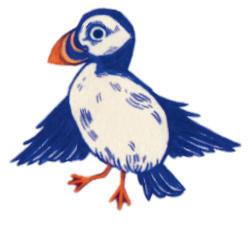
Mor (mawh) – mother
Solen (SO-ween) – Sun

Hei, I’m Kjersti!
I live inside the Arctic Circle, in the world's northernmost town: Longyearbyen. Here, the Solen doesn’t set on the summer solstice. That’s today, the 21st of June. Actually, the Solen hasn’t set since the 19th of April, and won’t until the 23rd of August! We are very far north.
56
Besteforeldre (BA-sta-fur-aldra) – grandparents KJERSTI'S LANGUAGE Norwegian
24
Illustrated by Jannicke Hansen
Equator Hours of sunlight on 21st June
hrs
3°C to 5°C Average temperature range on 21stJune
Tourists say it’s amazing that the Solen doesn’t set, but it’s normal for me. We use blackout curtains and eye masks to pretend it’s dark at night so we can sleep. But it’s hard to feel sleepy when we could be playing outside all night. Tourists also say it’s amazing that we can sometimes see polar bears from our windows. That feels normal too. There are lots of polar bears on the islands of Svalbard. Since the coal mine closed, they don’t mind coming closer to our town.
Both of my grandfathers worked as coal miners, like almost everyone’s grandfathers around here. Both of my grandmothers also worked for the coal mining company, one as a caretaker and one as a cook in the canteen.
The old mine is now the Global Seed Vault, a huge freezer containing seeds from more than a million plants. There’s no electricity there – the icy mountain itself keeps it cold. It’s the biggest vault of its kind in the world! We once went on a school trip there and saw rows of shelves filled with lots of sealed black boxes. We got to see inside a box that was being put there for storage. Inside were a hundred carefully labelled silver pouches filled with seeds from Burundi. I bet my besteforeldre would have been amazed by the vault.
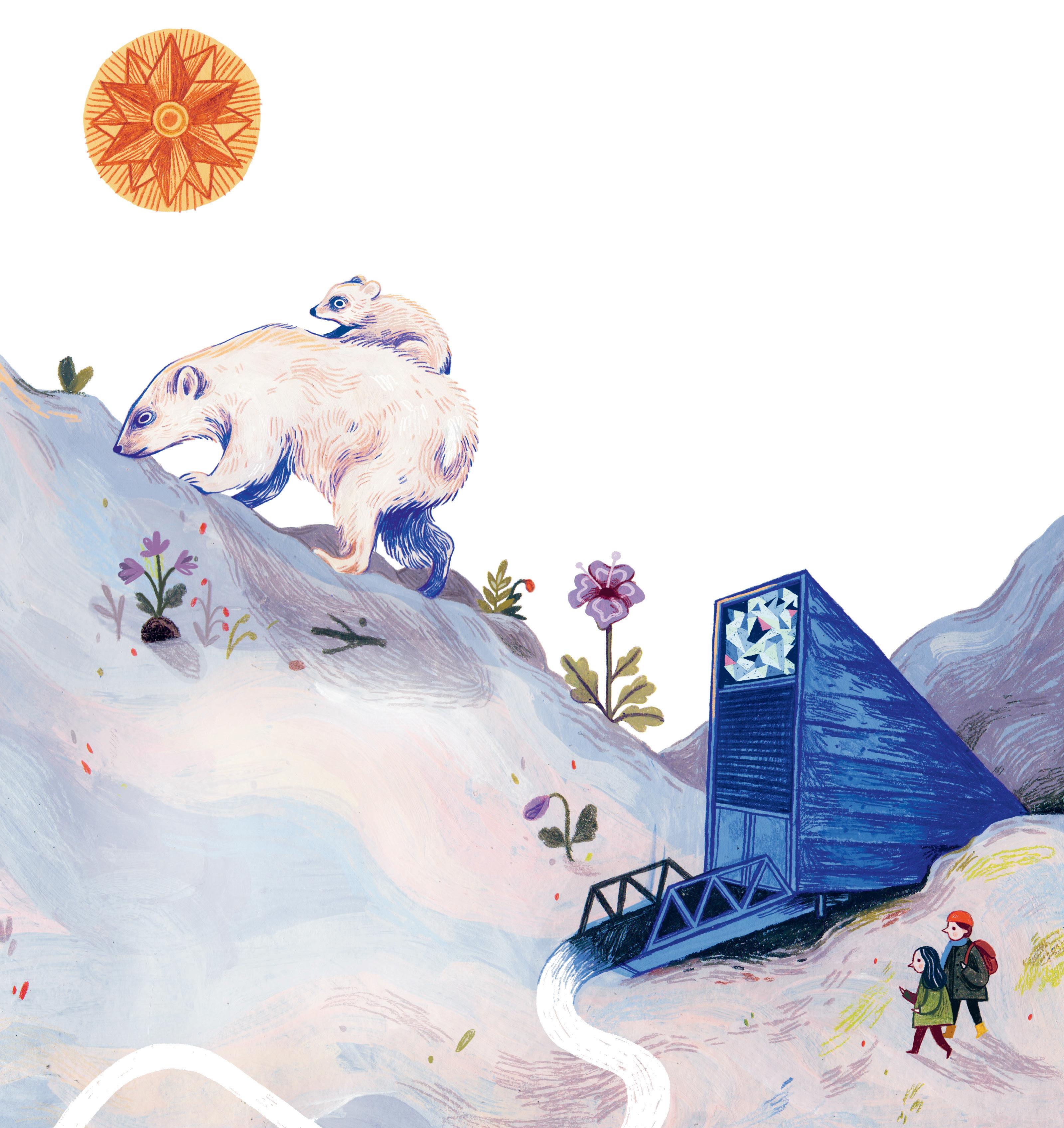
57
Author: Jen Breach
Illustrator: 14 global artists
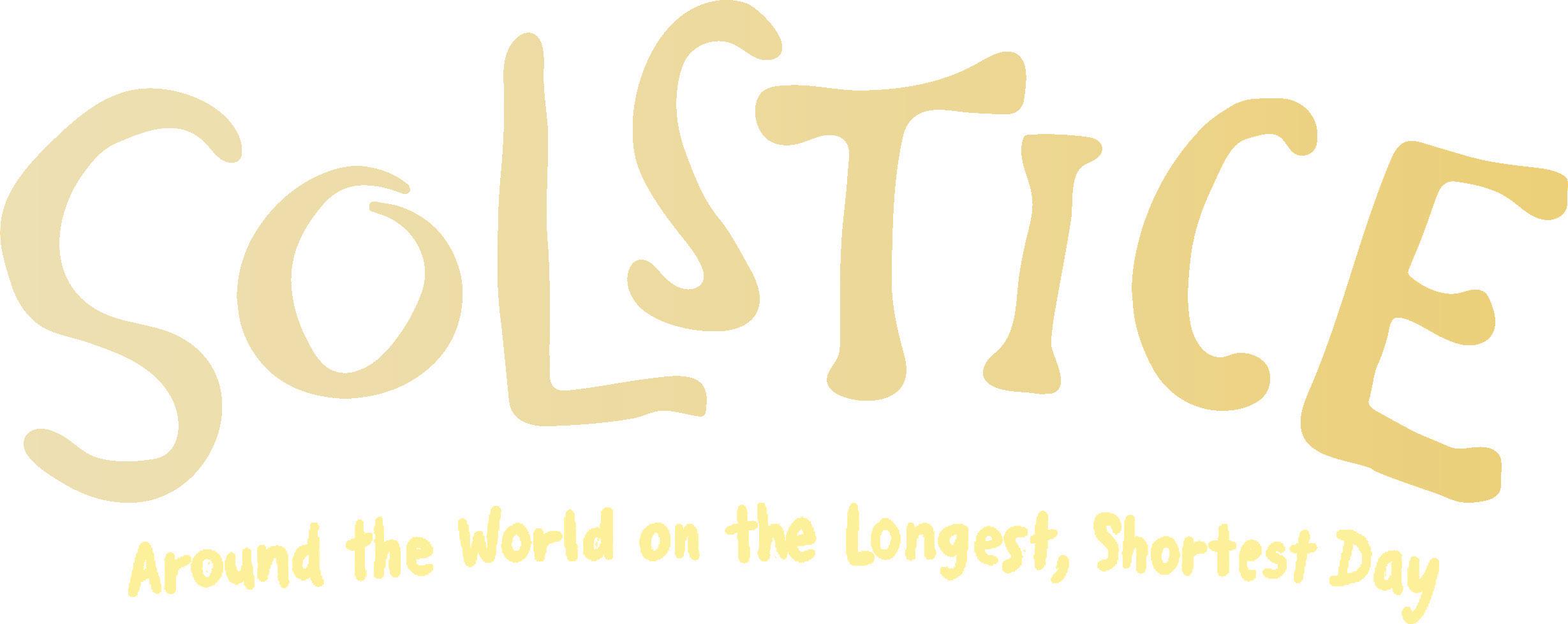
Ages: 7+
Price: £15.99
Format: Hardback
Extent: 64 pages
Trim size: 265 x 250mm
Pub date: 2nd May 2024
ISBN: 978-1-9137507-7-0
Explore the daily lives of children around the world through the lens of a single incredible day – the June 21st solstice. This shining work of creative nonfiction captures a snapshot of children around the world on 21st June, the longest day of the year in the northern hemisphere and the shortest in the southern hemisphere. Descriptions of children's lives at many latitudes, from Norway to China to Australia to Antarctica provide a thought-provoking cultural narrative and a glimpse into how today's children experience one extraordinary (or ordinary) day.
SELLING POINTS
• Explains the science, history, and cultural significance of the June solstice.
• Captures a fascinating global perspective from a child's eye view.
• Prompts a conversation about the way children live across the globe.
• Each place is illustrated by an artist from that country with affection and expertise.
AUTHOR
Jen Breach is a children's author of fiction and non-fiction. They hold an MFA in Writing for Children and Adults from Vermont College of Fine Arts. They are a mentor for Girls Write Now and The Association of Writers and Writing Programs (AWP). Jen identifies as queer and non-binary.
ILLUSTRATORS
With 14 amazing global illustrators, including Gabi Salem (Argentina), Daniel Grey Barnett (Australia), QU Lan (China), Cristina Merchán (Ecuador), Nabila Adani (Indonesia), Asako Masunouchi (Japan), Sakina Saïdi (Morocco), Ubahang Nembang (Nepal), Tinuke Fagborun (Nigeria), Jannicke Hansen (Norway) , Müsonda Kabwe (South Africa), Mavisu Demirağ (Turkey), Gordy Wright (UK), and Vivian Mineker (USA).
BOUNCE SALES & MARKETING – 320 City Road, London EC1V 2NZ | Tel: 020 7138 3650 | Fax: 020 7138 3658 | sales@bouncemarketing.co.uk
ORDERS – Grantham Book Services, Trent Road, Grantham, Lincolnshire NG31 7XQ Tel: 01476 541000 | Fax: 01476 541060 | orders@gbs.tbs-ltd.co.uk
WHAT ON EARTH PUBLISHING – The Black Barn, Wickhurst Farm, Tonbridge, Kent TN11 8PS | Tel: 01732 464621 | info@whatonearthbooks.com | whatonearthbooks.com
ISBN 978-1-913750-77-0
9 781913 750770














